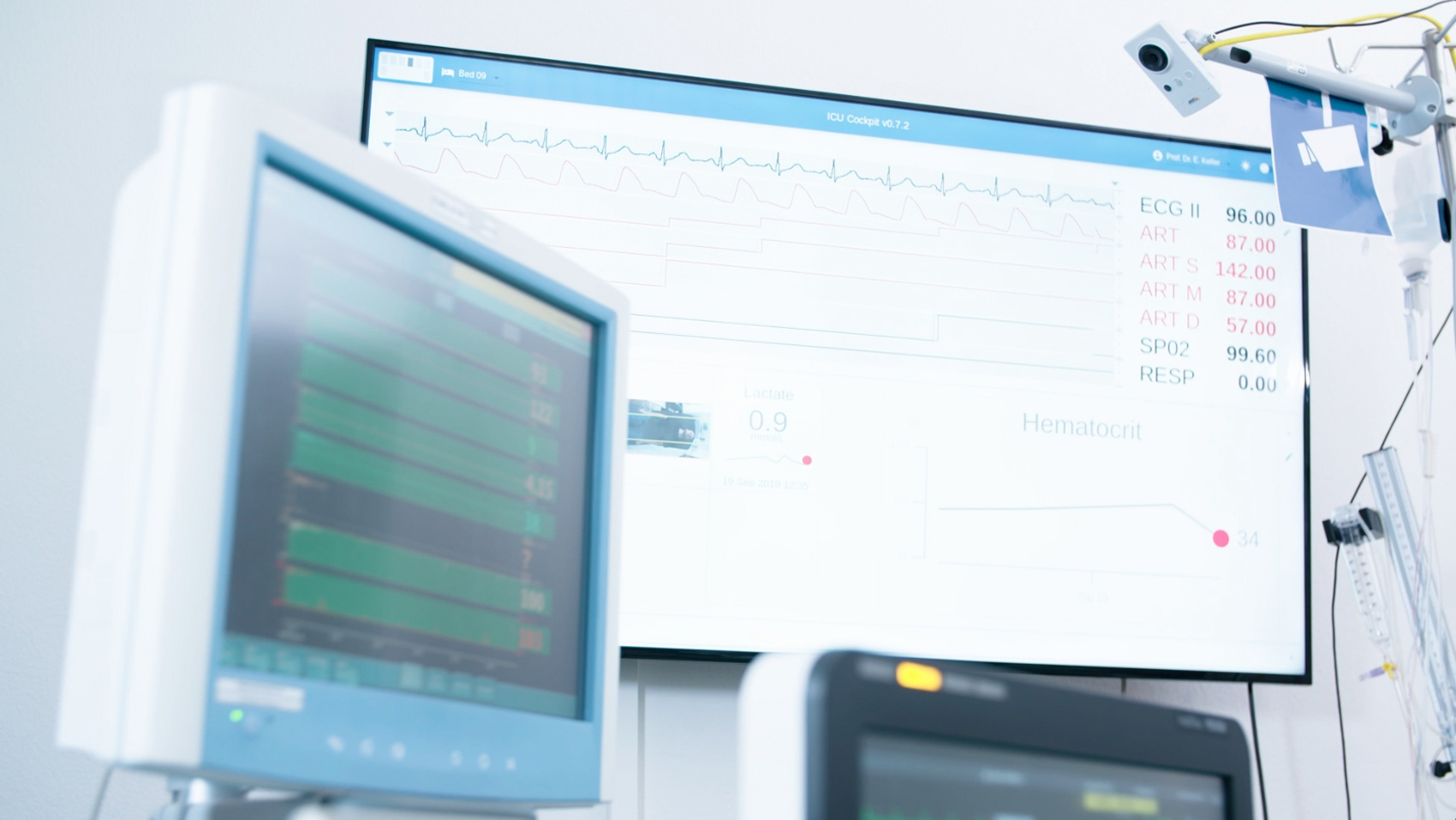Improving and personalising healthcare
Numerous new approaches are being pursued to tailor healthcare to the specific characteristics and needs of individuals and population groups, following what is known as the “P4” paradigm of predictive, preventive, personalised and participatory medicine. This approach relies on better access to data, developing robust analytical tools, and fostering close collaborations with practitioners and patients to match the new digital tools to their needs. Health data originates from traditional databases such as electronic health records (EHRs) and from new sources such as smartphones and wearable sensors – technology that is becoming ever more commonplace. As medical records are considered to be sensitive information, big data applications must comply with stringent data protection laws. Applications of big data can potentially have a significant impact on health research, education and care, reaching beyond medical institutions into people’s homes.

Reduce false alarms, predict critical complications: this could improve patient safety and this is where the NRP 75 project "ICU Cockpit" comes in.

The goal of this project was to bring together experts from different fields to investigate low back pain from a data science perspective.


